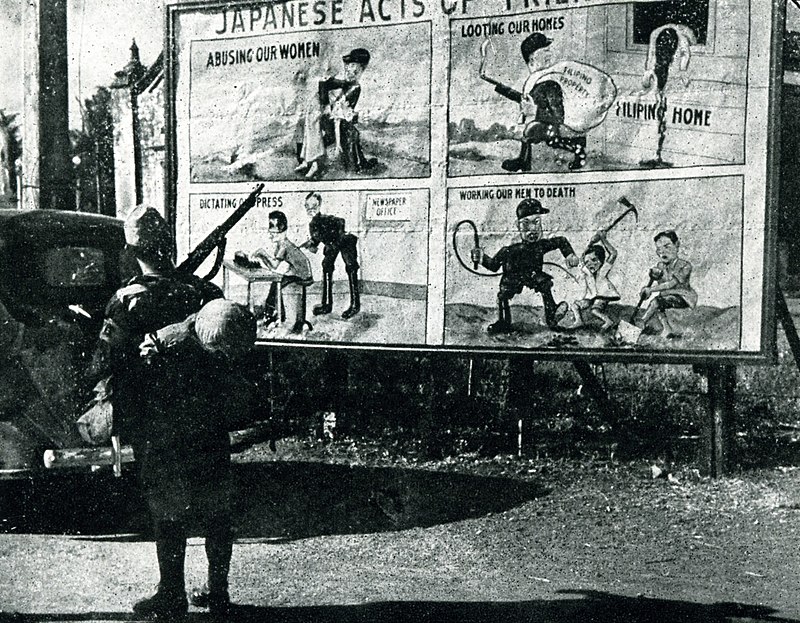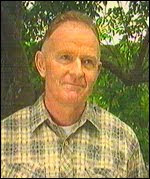FALSE FREEDOM AND INSATIABLE GREED. Fr Shay Cullen’s Reflections, 18 June 2014
Just before Philippine Independence Day last week (12 June) a group of newly enrolled children from a shelter excitedly set out on the first day to walk to school at Gala, Sacatihan, Pamatawan, Subic, Zambales. The road up the hill would give them an easy walk to freedom through education – the great liberator. But then, as they crested the hill, to their dismay the quagmire that had the children squelching their way through ankle-deep sticky mud, symbolic of the political corruption, waste and abuse that mires almost one-third of Filipinos in pitiless, grinding poverty from which there is no freedom.
Like thousands of others, the road is a fake or ghost project that had never been fully built. Even urgent requests to the governor to throw gravel from the exposed river bed on to the muddy road are so far unheeded. The children suffer and it became so bad in the past week that 26 children transferred to another school.
This mess and the plunder and looting of public funds at the highest level of the Congress as the headlines announce daily is just one, very small indicator of a greater harm done to the people by some depraved and greedy politicians. How many more fake and fraudulent infrastructure projects are there like the one in Gala, Subic? There is no freedom from greed, it seems.

Filipino soldiers near Manila, 1899
Besides these small, allegedly corruption-ridden projects, the extremely wealthy ruling elite in the Philippine Congress have allegedly plundered and looted billions of pesos from the treasury. Three prominent Senators have been charged, arrest warrants are imminent and many Congress people will join them in jail. Their ‘jails’ are posh, luxurious, tiled, well-appointed bungalows built for ranking officers.
They are incomparable to the stinking jail cells where hungry street children are incarcerated, abused, beaten and raped for taking a banana in the market. The indictments by the Aquino administration are a glimmer of hope that change is possible but with billions in bribes at hand, justice is likely to be thwarted and they will never answer for these alleged crimes. These funds came from the taxes imposed on the people especially the 17 to 20 percent VAT that were supposed to be used for rural development to alleviate poverty and build barangay roads to bring the children to school.

Japanese soldier in front of American poster, Philippines 1943
Independence Day was to celebrate the political freedom of a nation from colonial domination and exploitation. It’s a tortured history. First, the impoverished oppressed Filipinos struggled for liberation from the Spanish and almost succeeded. On the eve of independence, the USA declared war on the Spanish, landed troops in Manila in 1898 and took over, then sent home the defeated Spanish. The Filipinos fought back but after a few years of bitter war marked by atrocities, the American forces conquered them. They subdued and
tamed most of the Filipinos. Then the Japanese invaded and ousted the Americans in World War II. The people suffered greatly and the Japanese were eventually defeated and again the Filipinos struggled for independence from the United States of America and in 1946, they got it with strings attached. But was it real freedom?
They got political independence and a lot of unfair and exploitative trading arrangements and unequal treaties that enabled American corporations to exploit the country at will until the present. They were swamped with Americanization. So it was not true independence, a great dependency had been skillfully arranged. The democracy was a sham. In reality, the rich Spanish-Filipino families in close cooperation with the American corporations ruled without much opposition.

Independence from the USA, 4 July 1946
The vast majority of Filipinos remained bitterly poor peasants and isolated tribal people. Philippine natural resources were ruthlessly exploited, enabled by unequal treaties, the riches of the nation flowed across the Pacific to America. The people were exported also. Filipino overseas workers flowed to the pineapple plantations of Hawaii to work in slave-like conditions.
Little has changed. Eleven million Filipinos still go abroad to find economic freedom. The majority live with 25% unemployment and freedom from poverty for the majority of Filipinos is still a dream. The economic news may boast of 7% economic growth but that is only for the oligarchy who have 70 percent of the wealth in their pockets.
To quote from an editorial in the Philippine Daily Inquirer, a national broadsheet, on 11 March 2013: ‘The increase in the wealth of the 40 richest families in the Philippines that made it to the 2012 Forbes list of the world’s billionaires accounted for 76 percent of the growth of the gross domestic product (GDP). It’s one of the biggest rich – poor gaps in the free world and’, Habito [former economic planning chief Cielito Habito] observed, ‘the highest in Asia’. That is what they call ‘independence’. [shaycullen@preda.org,
www.preda.org]
Fr Shay Cullen’s columns are published in The Manila Times, in publications in Ireland, the UK, Hong Kong, and online.

















